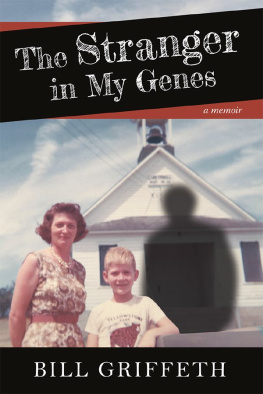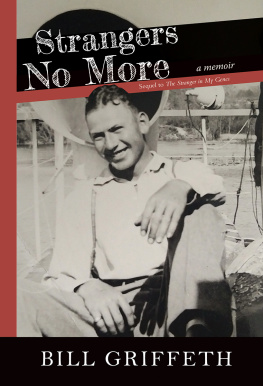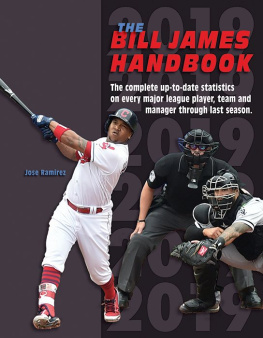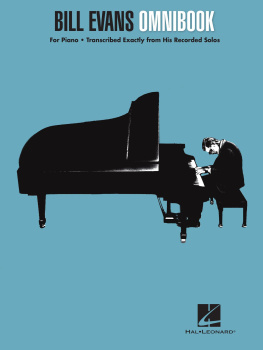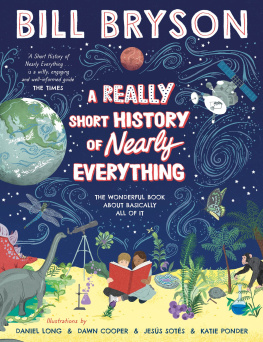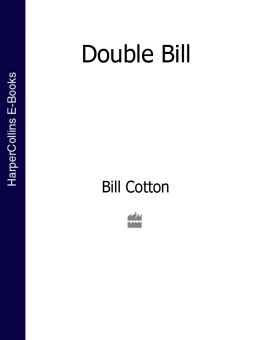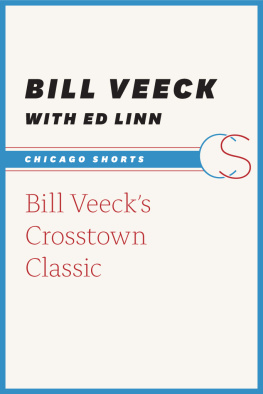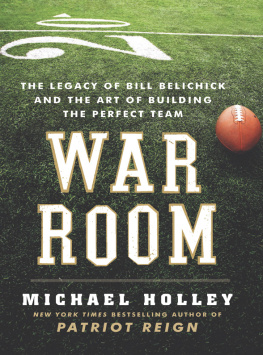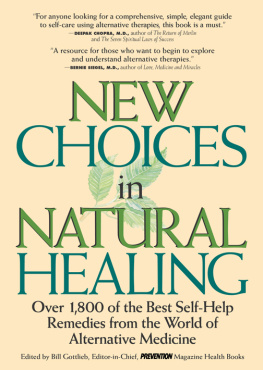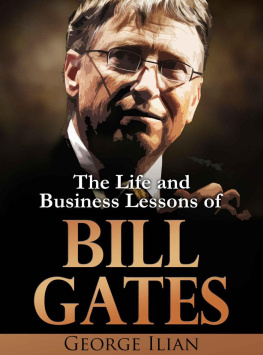
Acknowledgments
This book went through many, many revisions as it morphed from personal journal into finished product. I thank those of my friends who were kind enough to read the earliest and roughest drafts. They include my literary hero, author Lawrence Goldstone, who read the very first draft andas usualoffered valuable constructive criticism; former newspaper editor Lou Golden, a longtime friend who provided wise counsel over long dinners that went late into the evening; prolific author and editor Christopher John Farley, who got this book right away and gave me such great feedback; CNBCs biotech correspondent Meg Tirrell, who helped me understand the science of DNA (if any mistakes still exist in the book, trust me, they are all mine); my former producer Alison Singer, who was such a strong advocate for my mothers side of the story; and my college pal Dr. Lori Baker-Schena, who challenged me when I needed to be challenged.
Heartfelt thanks also to go to my friend and agent Larry Kramer, who expertly shepherded this project through every stage; to literary agent Claudia Cross, who was an early champion of this book; to my very patient attorney James Gregorio; to my boss Nik Deogun, CNBC senior vice president and editor-in-chief, who was fascinated by my story from day one; and to CNBC president Mark Hoffman, another Valley boy who made good, and who has long been my supporter, for which I am grateful.
And then there are the wonderful folks at the New England Historic Genealogical Society. First and foremost, thanks go to my dear friend, the Societys President and CEO, Brenton Simons, who generously offered to publish this book even before one word was written; to COO Ryan Woods, who was instrumental in making this book a reality; and to my beloved editors: Publishing Director Penelope Stratton and Lynn Betlock, managing editor of American Ancestors magazine. They asked all the right questions, saw things I didnt see, and helped me find the true meaning of this book. Thanks also to the Societys Director of Marketing and Sales, Jim Power, for his great enthusiasm and many ideas; to Publications Coordinator Ellen Maxwell for the perfect cover design; and to copyeditor Julie Hagen who so tactfully corrected my many excesses and errors and made it a better book in the process.
Thanks also to my close friends Tim and Janet Shine and Karin and Leo Nemetz, who lived through all of this craziness with me and helped me maintain my sanity with their humor and encouragement. And to the members of my wifes book club who read an early draft and spent an evening grilling me with important, thought-provoking questions.
And there is my family: My children Chad and Carlee, whose resilience through this turbulent time helped me keep my perspective; my big brother, Chuck, and my sister-in-law, Terryll, who were willing to take this journey with me (and Im thankful they did); Cousin Nancy who was like a guardian angel resting on my shoulder whispering her words of encouragement; and, of course, my wonderfully meddlesome cousin Doug, who has been the voice of reason from day one.
What can I say about my wife, Cindy? She held me together with her love and never gave up on me. I love you to infinity and beyond.
Finally: Thank you, Mom. I owe you my life.
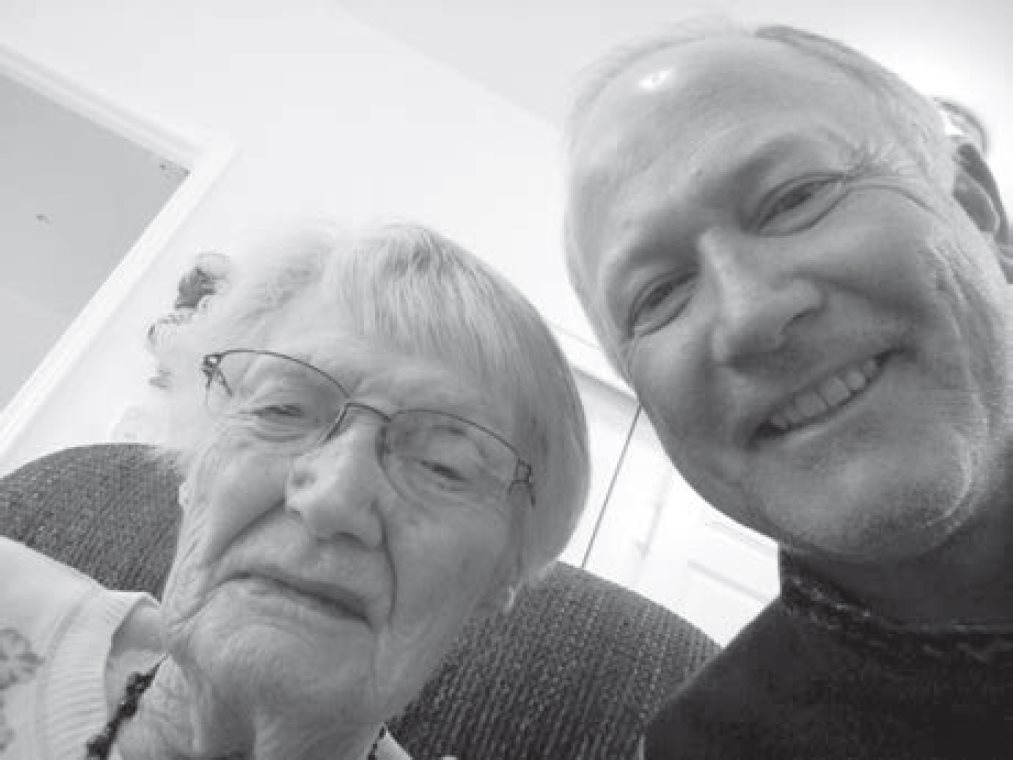
CHAPTER 1
The E-mail
October 4, 2012
The day my life changed forever began as just another day. Isnt that always the way? Earthquakes and lightning bolts strike without warning. If you happen to be in the wrong place at the wrong time, nothing is ever the same again. My life wasnt altered by an act of God. Instead, it was changed by the revelation of a deep dark family secret that, like a time bomb, had been ticking my whole life, and it just happened to go off on the random day when I received the e-mail.
The date was October 4, 2012. A Thursday. I was 56 years old at the time. My wife, Cindy, and I had been happily married for thirty years, and our two children were grown. Our son, Chad, was 23 and our daughter, Carlee, was 21both great people of whom we were very proud. I had also enjoyed a long, successful career to that point as a TV news anchor, most of it spent at the cable news channel CNBC. I had everything I could have hoped for, both personally and professionally, and I thought I had life all figured out. But it turned out I didnt have a clue.
At noon that day I was sitting at my desk in the CNBC newsroom in Englewood Cliffs, New Jersey, eating a sandwich while I looked over the news wires on my computer, completely oblivious to what was about to happen. In an hour the networks car service would take me into New York City to the New York Stock Exchange, where I co-anchor a one-hour show called Closing Bell. At the time, my co-anchor was Maria Bartiromo. We affectionately refer to those final minutes before the bell rings as the most important hour of the trading day. So much can happen: mergers are suddenly revealed, CEO resignations are announced, and sometimes there are rumors floating around the trading floor that cause the market to move. It is a traders job both to anticipate and to react. My job is to explain a storys significance as it was happening. I had gotten pretty good at that over the years.
On a notepad on the desk next to my sandwich Id made a list of things I needed to do before I headed downtown:
Print Wharton scripts
Print boarding passes
Make car reservations
That evening I would be serving as master of ceremonies for the annual Joseph Wharton Awards Dinner, which honors distinguished graduates of the Wharton School of the University of Pennsylvania. The scripts I had to print out listed the biographies of the presenters and recipients I would be introducing. I am not a Wharton alumnusI went to a state university in Californiabut I had been asked to host the event years earlier and had enjoyed it very much, and they liked me so they kept asking me back. On this particular evening we would be feting some pretty famous Wharton offspring: Donald Trumps daughter Ivanka would be receiving the Young Leadership Award, Este Lauders son Leonard would be given the Lifetime Achievement Award, and Brian Roberts, whose father Ralph Roberts cofounded Comcast, one of the countrys first cable TV systems, would be given the Leadership Award. All three were obviously members of the lucky genes club, but each had found a way to emerge from the long shadows cast by their parents and achieve his or her own success.
The boarding passes I had to print were for a flight Cindy and I were taking the next morning to North Carolina, where we would be staying with friends for the weekend, and I also still needed to make reservations for the car service to take us to the airport. I was looking forward to a fun, relaxing four-day getaway, but first I had to get through this busy Thursday.
I took a bite of my sandwich and browsed the wires.
The European Central Bank continued to wrestle with crushing debt levels... the presidential campaign was in full swing between President Obama, who was running for reelection, and his challenger, former Massachusetts governor Mitt Romney... the jobs report coming out the next morning was expected to show unemployment remaining at 8.1 percent... nothing out of the ordinary.
Around 12:30 I reached for my Blackberry and checked my personal e-mail. There were two new messages. One was from a golf retailer; I immediately deleted it. The other was from my cousin Doug in California. My late father, Charles, and Dougs late father, Dale, were brothers. Doug and I shared a passion for family history research, and he was always sending me new tidbits he had discovered.
Next page
